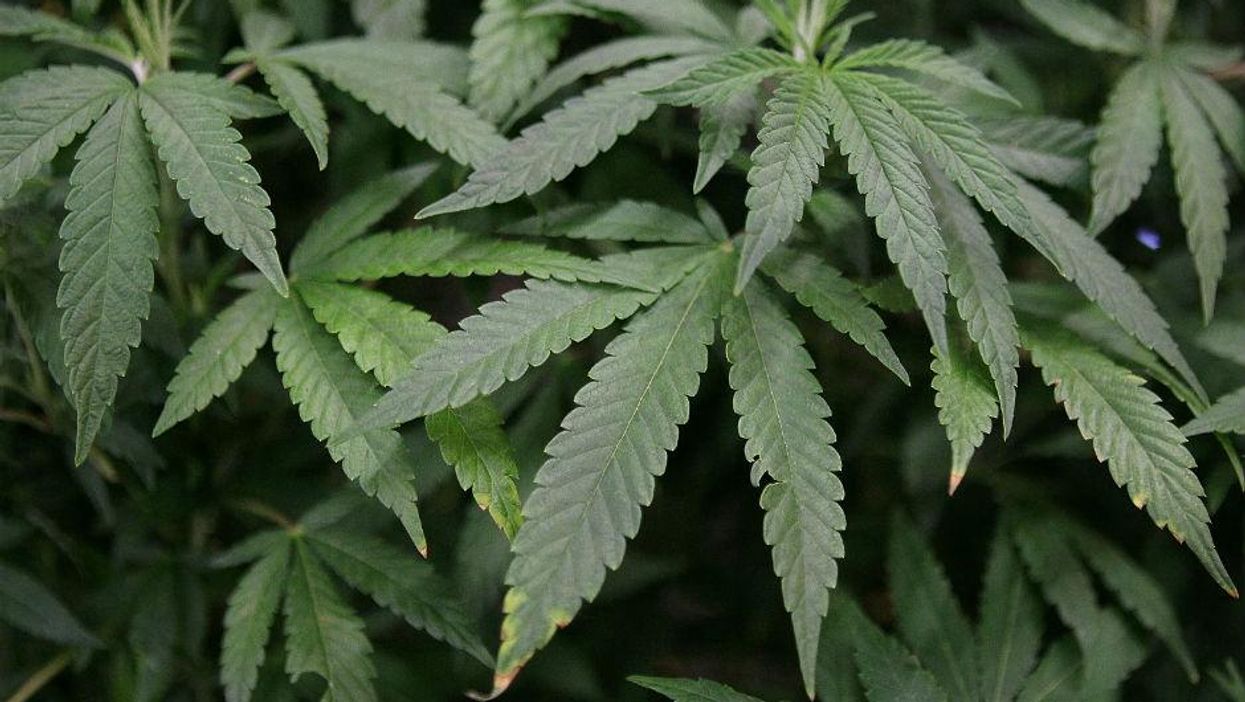News

MPs are set to address Britain's 43-year-old drug laws today in the first Commons debate of its kind in a generation.
The debate follows the findings of a report which shows that a punitive approach to drug abuse, including locking up addicts, fails to curb levels of addiction.
Ministers have visited 10 other countries which have relaxed their laws on drugs - including Portugal where since decriminalising levels of punishment for personal drug use in 2001 has seen a fall in addiction and drug-related deaths.
The review of other countries’ experience of drugs legislation was set up 18 months ago by the Home Secretary Theresa May and conducted by Liberal Democrat ministers, Jeremy Browne and Norman Baker.
It was completed in July but publication was delayed, provoking accusations from Mr Baker that senior Conservatives were attempting to bury its findings.
The report will suggest treating possession of drugs as a health issue rather than a criminal one.
Britain's drug laws: A brief overview
When were the drug laws brought in?
The Misuse of Drugs Act 1971 divided “controlled drugs” into three levels of seriousness. Some details have been revised since then, but this legislation remains the basis for the UK’s drug laws.
Which drugs are in class A, and what are the penalties?
Heroin, cocaine and crack, ecstasy, LSD, methadone, methamphetamine (crystal meth) and magic mushrooms are considered the most dangerous drugs. Possession can mean seven years in prison, an unlimited fine, or both. Dealing carries a maximum life sentence.
What about class B?
These include amphetamine, barbiturates, codeine, ketamine and cannabis. Possession carries a maximum penalty of seven years’ jail and/or an unlimited fine; supply and production carries up to 14 years in prison. In practice most people prosecuted for class B drugs receive small fines or a caution.
Has cannabis always been class B?
It was downgraded to class C between 2004 and 2009 under the Blair government following warnings the classification lacked credibility. It was moved back to class B by the Brown government.
Is there a case for a review?
Yes. The range and type of drugs available has changed dramatically in 43 years, and critics say the categories do not reflect the danger or addictiveness of different drugs.
Those in favour say:
If you are anti-drugs you should be pro-reform. For too long successive governments have been unwilling to look at the evidence. This comprehensive report shows that other ways of tackling drug addiction and supply can save lives and cut crime.
- Norman Baker, Liberal Democrat minister
We believe that when you start looking at the evidence of what works, then that may well lead you to believe the prohibition isn’t working.
That would certainly be my view, but for other people who have not come to that conclusion then simply to say ‘we are not even going to look at it’ seems very short-sighted.
My sense from so many MPs is that they completely agree with this but they are terribly afraid of being punished at the ballot box.
- Caroline Lucas, Green Party MP for Brighton Pavilion
Those against say:
This government has absolutely no intention of decriminalising drugs. Our drugs strategy is working and there is a long-term downward trend in drug misuse in the UK.
It is right we look at drugs policies in other countries and today’s report summarises a number of these international approaches.
- Home Office spokesman
Top 100
The Conversation (0)














